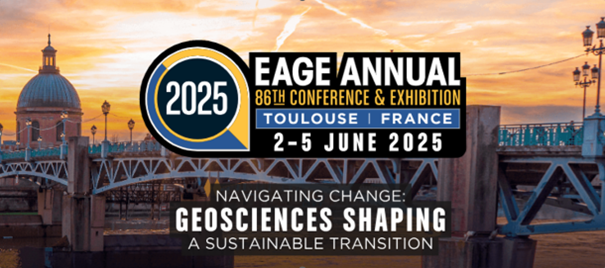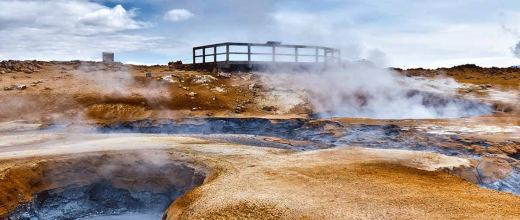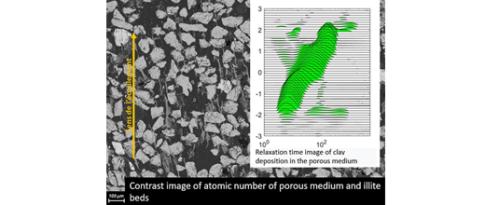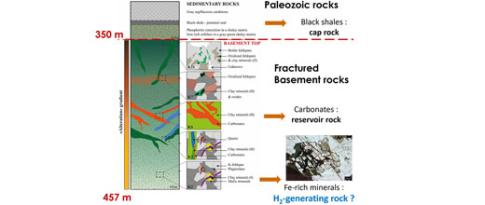3 minutes of reading
From June 2 to 5, 2025, the EAGE Annual 2025 will be held in Toulouse, bringing together researchers and professionals in the fields of energy, geosciences and engineering. This year's theme is: "Navigating change: Geosciences shaping a sustainable transition."

Come meet experts from the IFPEN Carnot Institute for Energy Resources and Beicip-Franlab to explore how research and innovation in the geosciences can address the challenges of the energy and ecological transition.
At the IFPEN/Beicip-Franlab booth (no. 200), you will discover IFPEN's offerings related to decarbonization, geothermal energy, CCUS, hydrogen, and digital technologies—sectors and expertise in which IFPEN has developed innovative solutions as part of its mission to serve a decarbonized and sustainable world.
>> Learn more about EAGE 2025 conference.
>> Learn more about IFPEN's solutions in the fields of CCUS, hydrogen storage
and geothermal energy.
You may also be interested in
IFPEN and geothermal energy: multidisciplinary research for complex technical challenges
Clogging is a major challenge for geothermal energy
In a porous geological structure, the flow of a geothermal fluid carries along solid particles for which the rock acts as a filter. The capture of these particles causes the permeability of the porous medium to gradually decrease, which can lead to a drastic reduction in injectivity and eventual failure of the industrial operation...
“Continental” natural hydrogen: better understand in order to better harness its potential
For the last ten years or so, geologists have been fascinated by the natural hydrogen (H2) emitted within “cratons”, in the heart of continents. While its presence in subsurface has been identified in many places around the globe, it remains to be ascertained whether the use of this decarbonized energy source is likely to be economically viable. To answer this question and then identify the drilling sites with the greatest potential, large-scale quantification of this resource requires the use of modelling. (...) This PhD research set about examining the issue, taking as its subject the North American Midcontinent Rift System (MRS) composed of ancient rocks (over 1 billion years old) and extending over thousands of kilometers.








